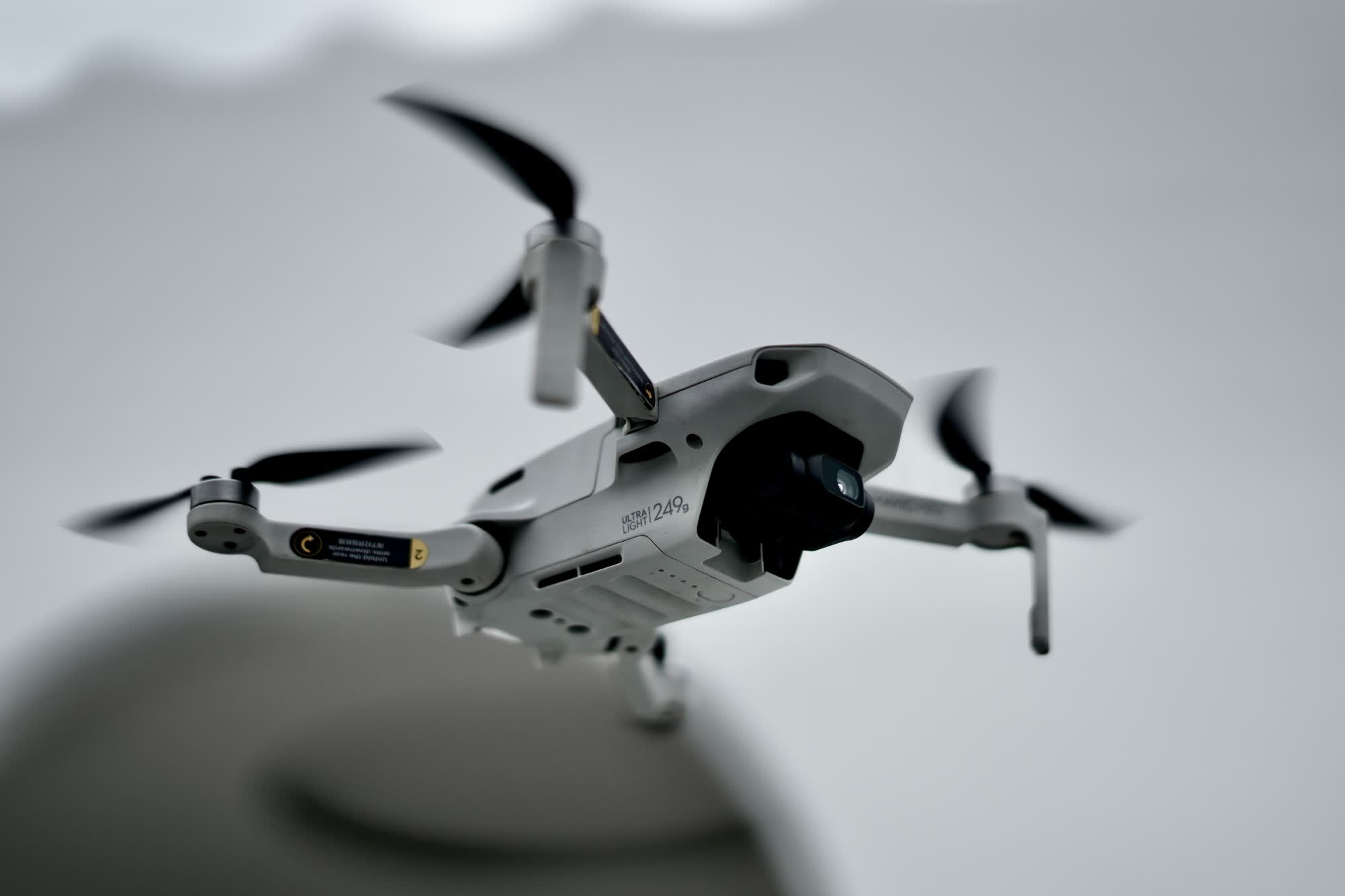WTF?! In what sounds like another step toward the inevitable Cyberpunk 2077-style dystopia humanity is heading for, several law enforcement agencies in Colorado are planning to use drones as first responders to 911 calls instead of police officers.
Drones are already used by at least 20 agencies in Colorado's Front Range for different tasks, such as locating missing people, crime scene mapping, providing overhead surveillance during SWAT operations, and tracking fleeing suspects, writes The Denver Post.
The drones could soon find themselves responding to 911 calls, too, allowing them to gather information about an incident ahead of the arriving officers. They could also be sent out to less urgent calls, allowing police to attend more immediately life-threatening situations.
According to the Post, even the Denver Police Department, which has long resisted the use of drones, is launching its own program, and eventually intends to deploy them to respond to 911 calls.
The department, which shelved its only drone in 2018 after its former Chief said no to drones five years earlier, plans on using a $100,000 grant from the Denver Police Foundation to start the drone program. Several drones will be bought using the money, with the program starting within six to 12 months.
"This really is the future of law enforcement at some point, whether we like it or not," said Sgt. Jeremiah Gates, who leads the drone unit at the Arapahoe County Sheriff's Office.
The idea is that a drone could fly to the location of the 911 call and send livestreamed video back to the operator, who then communicates the scene and situation to the police officers as they make their way to the incident.
The drones could also be used to determine if police need to respond to less serious calls. Gates gave the example of dispatching drones to calls about a broken traffic light or a suspicious vehicle to confirm if something is wrong without having to send over an officer.
The Arapahoe County Sheriff's Office, which has 14 pilots and 20 drones, says it is in the very early stages of considering using the drones as first responders and has not yet considered factors like cost, equipment, and public input.
"We would never simply replace calls-for-service response by police officers," Phil Gonshak, director of the department's Strategic Initiatives Bureau, told The Denver Post. "The DPD would respond to any call for service where someone is physically requesting a police officer on scene. But if there was a fight at Colfax and Cherokee and we put a drone in the air and there is no fight and nothing causing traffic issues, then we would reroute our police officers to other emergent calls."
Colorado wouldn't be the first place where drones are used as first responders. They have been dispatched ahead of officers in Chula Vista, California, since 2018, resulting in 4,000 incidents in which officers were able to avoid going to 911 calls. The drones arrived at priority calls in Chula Vista in just under four minutes on average, while officers arrived in about seven minutes.
